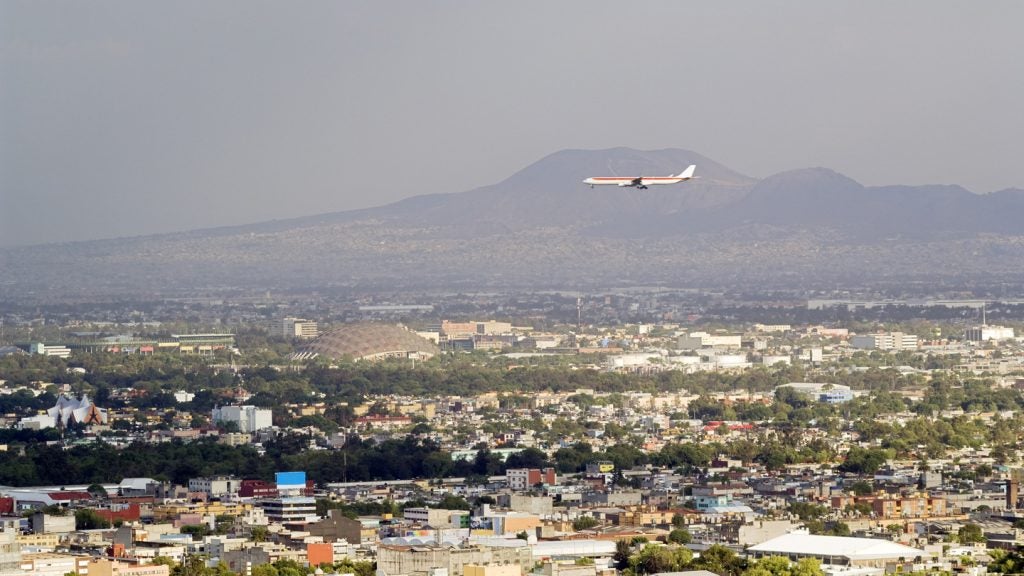
British-based aerospace and defence company Babcock International has entered a $288m contract with the Queensland Government, which is set to last 12 years.
The partnership follows a 15-year relationship between the Queensland Government and Babcock in the Torres Strait and aims of bringing an uplift in capability to the region.
The Torres Strait Islands are a collection of roughly 274 tiny islands that span a region of about 48,000km². The region is 300km broad from east to west and 150 km wide from north to south at its widest point.
Peter Newington, managing director of aviation and critical services, Australia, said: “Babcock has operated in the remote Torres Strait and Northern Peninsula regions for more than 27 years, ensuring the ongoing access to Emergency Medical Services for some of the hardest-to-reach communities.
Operating from Horn Island, the services provided include aeromedical retrieval and search and rescue.
Babcock will launch two multi-mission Leonardo AW139 helicopters with improved speed, range and operational capabilities under the new agreement.
In order to improve patient treatment, the Queensland Ambulance Service will modify the cabin to include the newest aeromedical design, including roll-on-roll-off stretchers.
The addition of a winch and a Wescam MX-15 Electro-Optic/Infra-Red Camera will make each aircraft a very effective search and rescue (SAR) platform.
Peter said: “The introduction of the AW139 aircraft, represents a step change in capability to Queensland Ambulance Service and Queensland Health’s service in the Torres Strait.”
“The new aircraft type and role equipment will give the local community access to improved patient care and enhanced SAR capability, a critical service in the island community.”
According to the Australian Institute of Health and Welfare, the health care services for the people in the Torres Strait region have improved over the last decade however, there are still barriers which remain in place that regard their level of access in comparison with the non-indigenous Australians in other regions.
Peter highlights how this partnership will allow more involvement for health care services in the Torres Strait region and the benefits for its citizens: “We will be taking a more strategic and targeted approach to deliver opportunities for local business growth, support for the local indigenous and Torres Strait community and positive outcomes for Queensland and its residents.”





